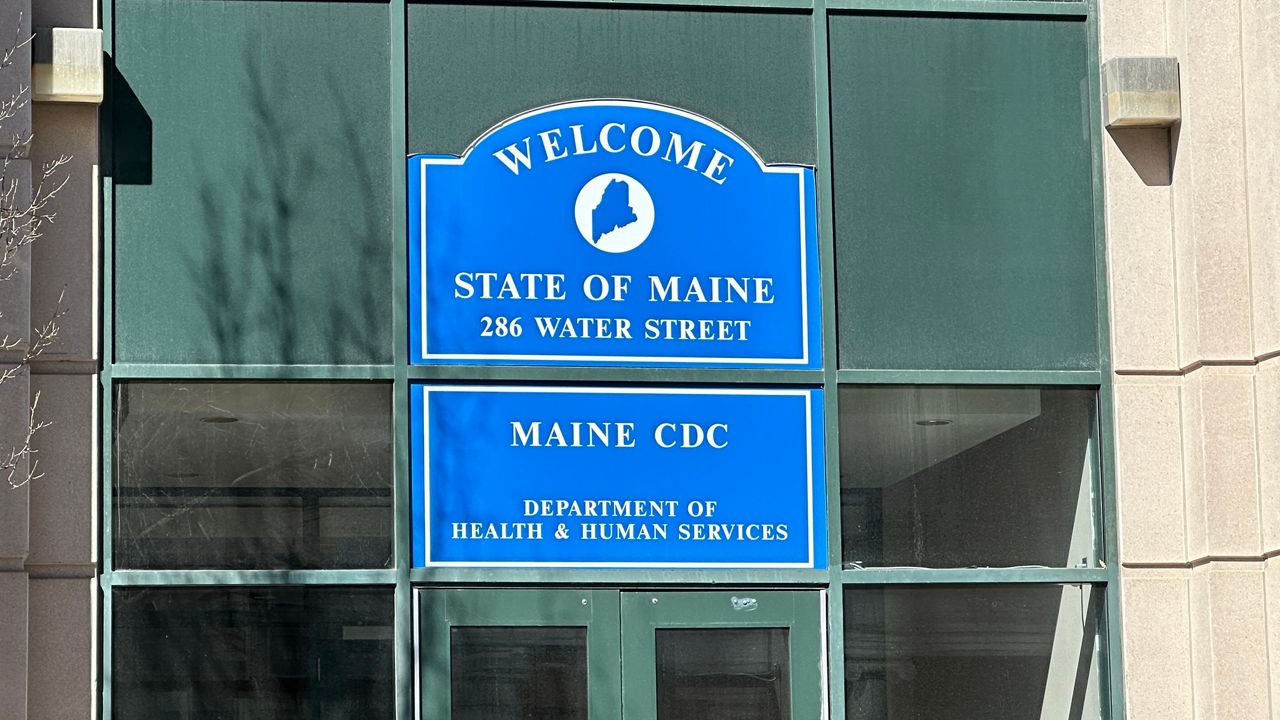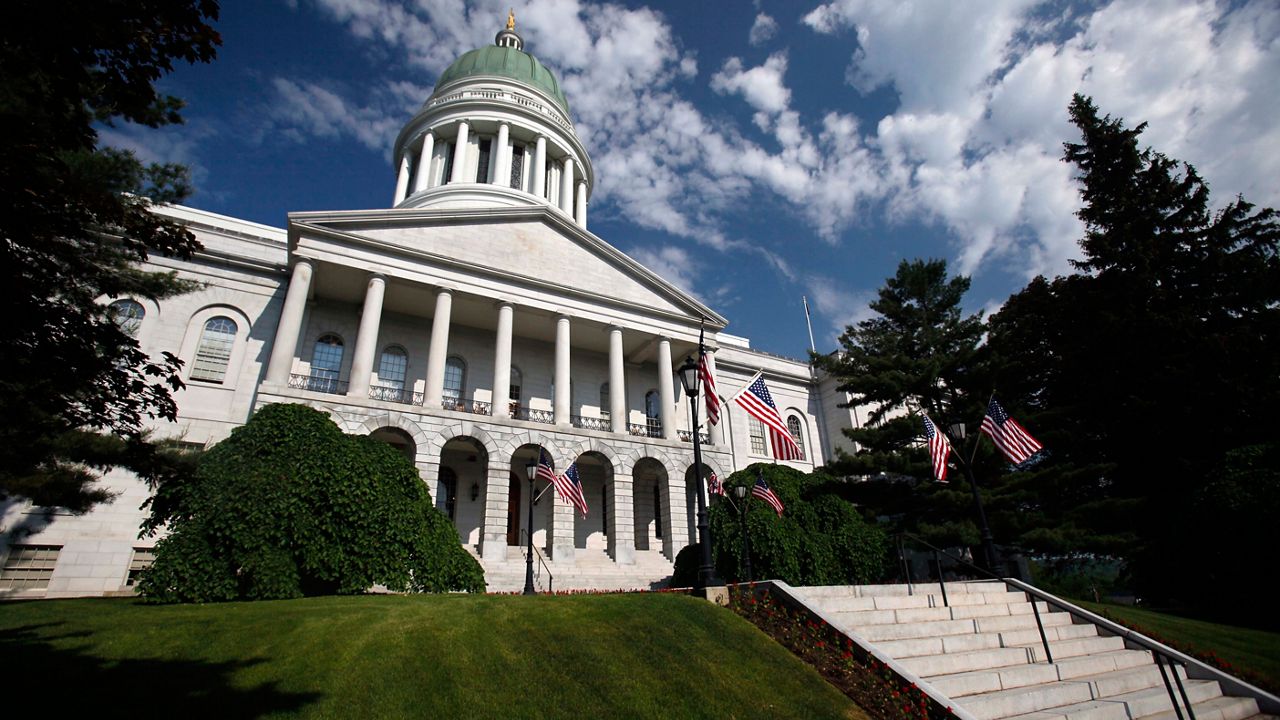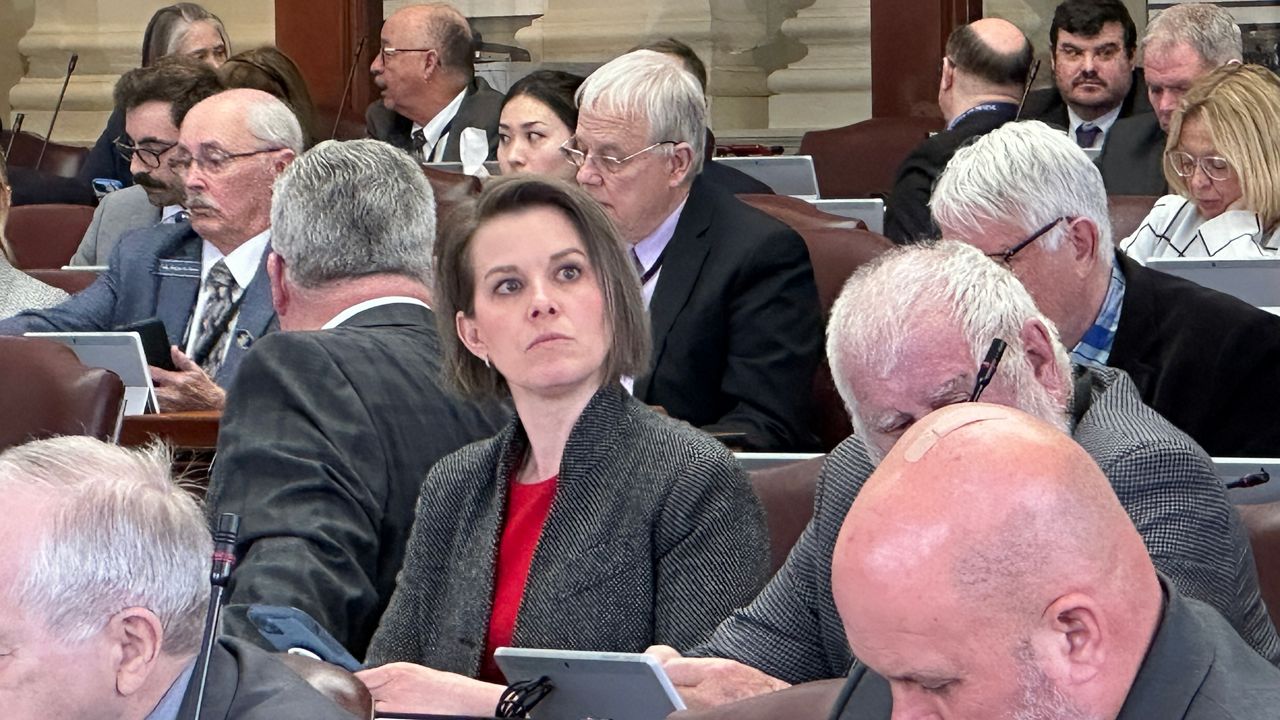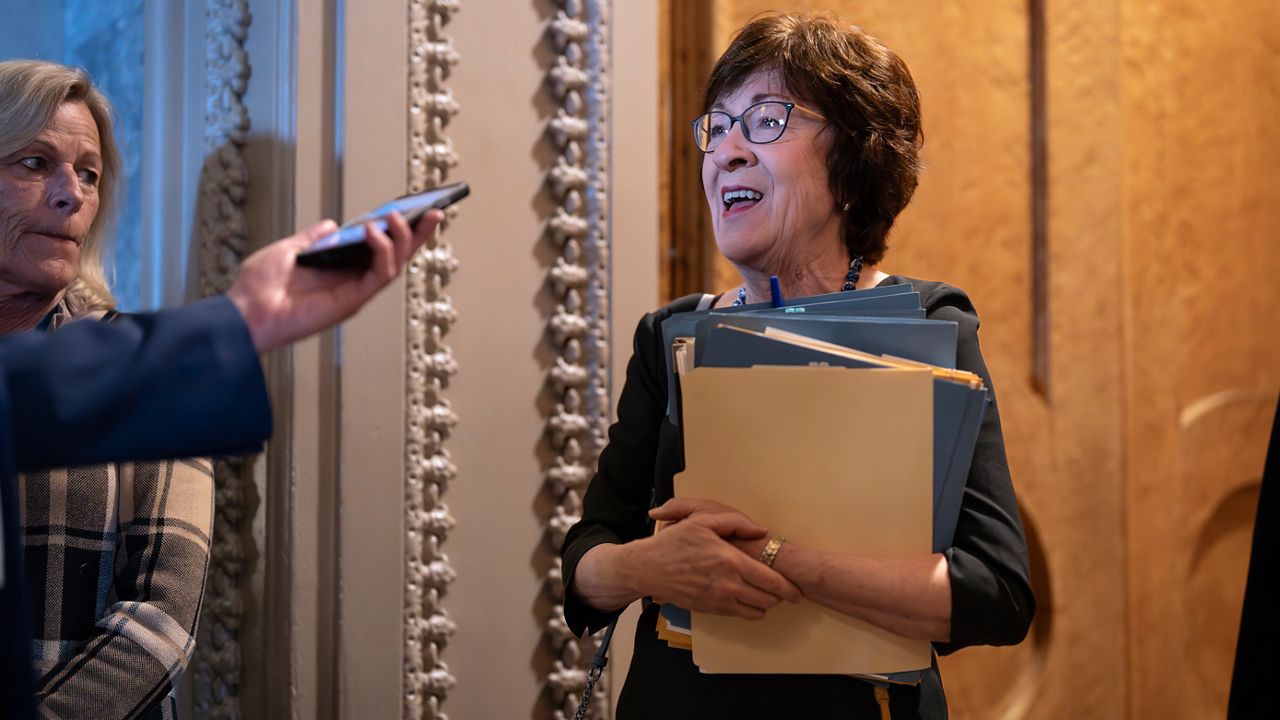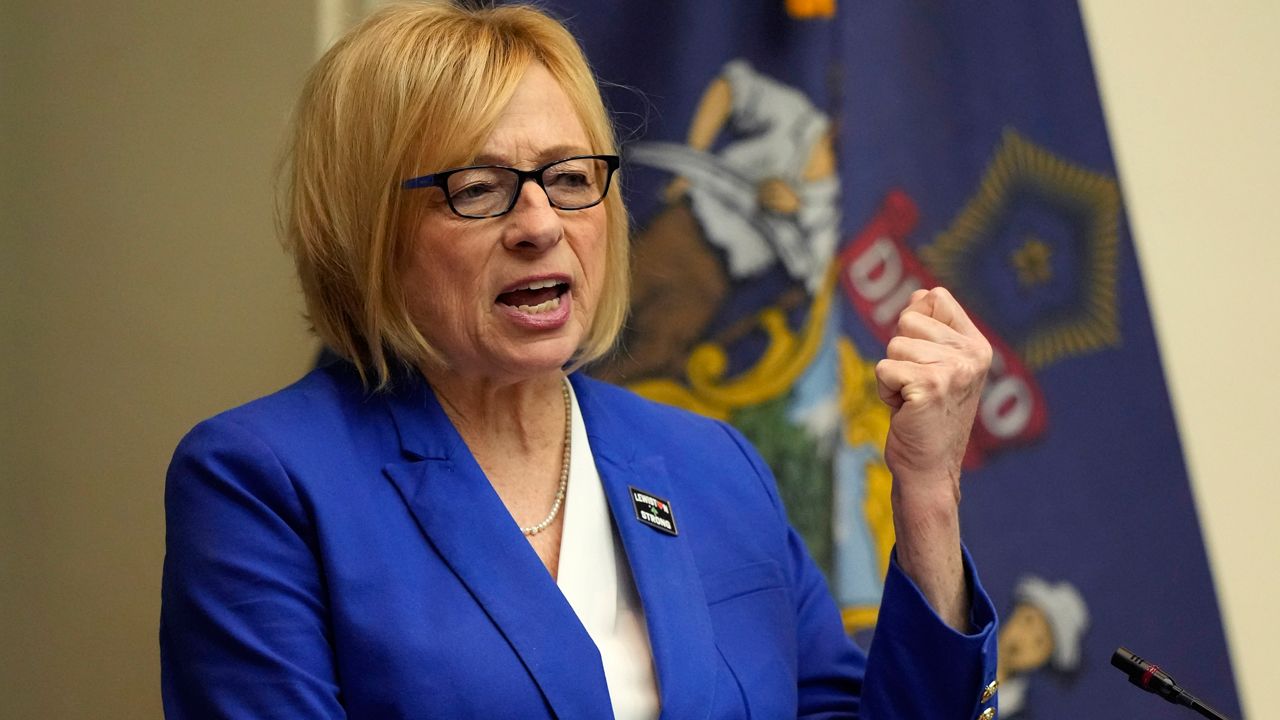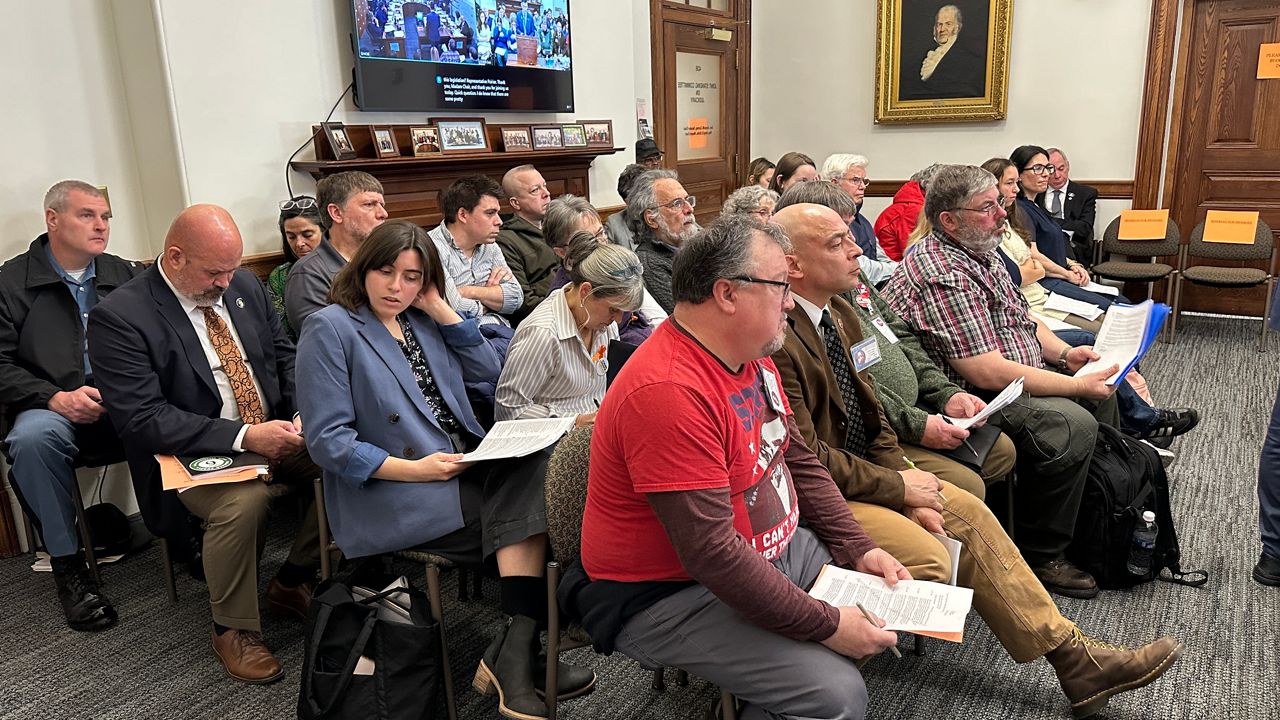AUGUSTA — A leader in Maine’s public health sector is warning that federal cuts to funding for infectious disease surveillance and other needs will cripple important services.
Earlier this week, the federal Department of Health and Human Services said it is cutting more than $11 billion in funds awarded to states following the COVID-19 pandemic.
Matt Wellington, associate director of the Maine Public Health Association, said the cuts will make Mainers more vulnerable to things like measles and bird flu.
“I think these cuts are really short-sighted and it’s going to make folks in Maine less safe moving forward from infectious disease outbreaks,” he said.
Wellington estimates that state and local health care providers could lose tens of millions of dollars due to the cutbacks. In a statement, the federal government said it is looking to save money for taxpayers.
“The COVID-19 pandemic is over, and HHS will no longer waste billions of taxpayer dollars responding to a non-existent pandemic that Americans moved on from years ago,” the U.S. Department of Health and Human Services told the Associated Press.
The Maine Department of Health and Human Services said it received notice of the cuts on Monday but had no additional information to share as of Thursday.
“Maine DHHS is currently evaluating the impacts of these terminations,” the department said in a statement.
Wellington, whose group represents 70 public-health related organizations across the state, said it’s unclear exactly how far reaching the funding cuts will be.
But in addition to preparing for the next flu season or global pandemic, the funds may also be covering substance use disorder treatments and mental health services.
He compared the funding, which was awarded to states to help fill major gaps in public health, to properly maintaining a house.
“Basically, if you have a house and there’s a major storm and you realize ‘oh gosh, we’ve got several leaks in our roof and a crack in our foundation’ you’re going to want to fix those leaks before the next big storm,” he said.
Wellington said public health is chronically underfunded and the post-COVID funds were designed to make improvements to long-standing issues.
“I think it’s the wrong way to go and I hope that there’s some reconsideration here,” he said.





